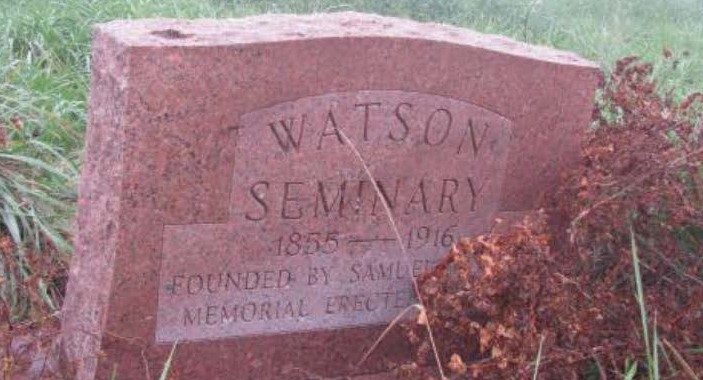
It had all the makings of a fictional Hollywood crime drama.
There was a talented teacher, a spurned lover, a gruesome killing, a jail escape, multiple trials, a muted sentence, a gubernatorial pardon and a mysterious ending.
But the murder of Abbie Summers by Ambrose Coe was all-too-real. It happened on June 12, 1870, at Ashley, a town that, at the time, was a bustling burg featuring shops, a hotel and a renowned school called Watson Seminary.
Summers and Coe met in fall 1867, when he was 24 and she was 19. Their roller-coaster romance ended with Summers breaking off their engagement.
Coe slashed Summers to death at her boarding house shortly after the two attended church. He briefly tasted freedom during a suspicious jail escape.
It took three trials to convict the defendant, who served only four years behind bars before being pardoned for “good behavior” by Democrat Gov. Albert Morehouse.
The ending is enigmatic, with two stories being told. Coe either lived out his life peacefully as a bookkeeper in Chicago or moved to Kansas and murdered his wife and her two brothers.
One newspaper called Summers’ death “one of the most heart-rendering butcheries of the age.” Another said it was “a deed that history will record as one of the most heartless ever committed.”
CUTLINE FOR PHOTO:
A stone marked the former location at Ashley of Watson Seminary, where murder victim Abbie Summers taught music.